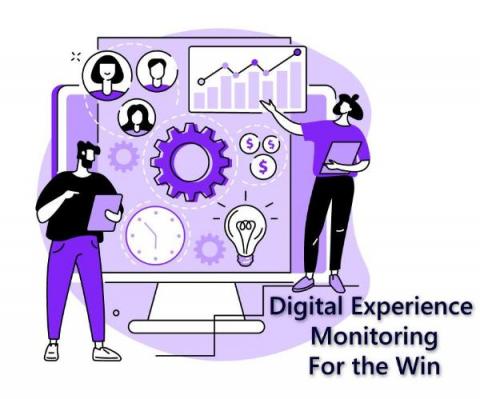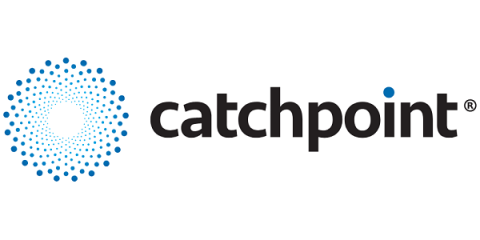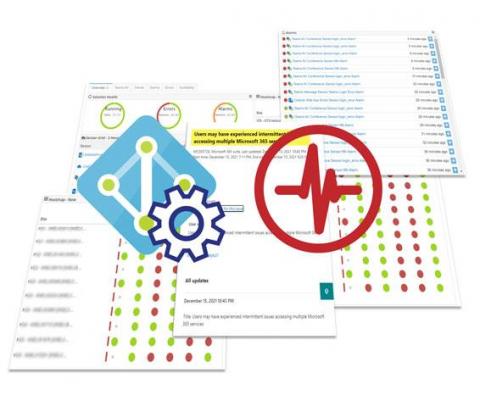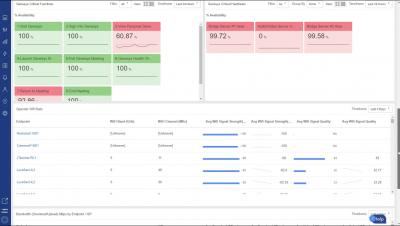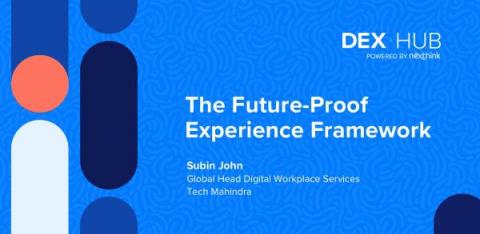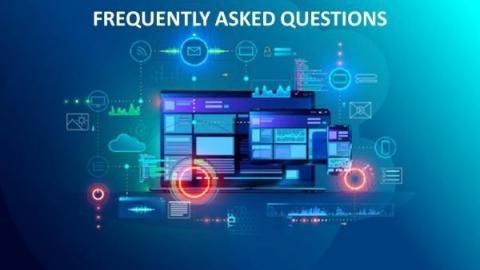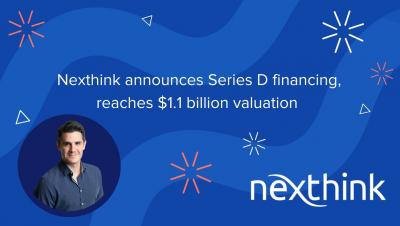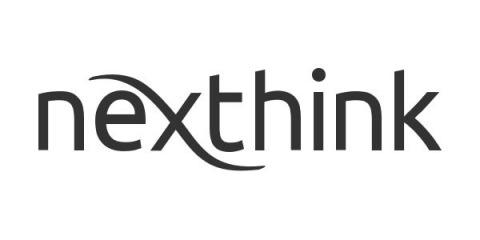Digital Experience Monitoring Growth For the Business Win
Application Performance Management (APM) measures how a SaaS or Web application performs on the backend (for Devops). End-User Experience Management (EUEM) focuses on user behavior within those applications. Network Performance Monitoring and Diagnostics (NPMD) collects network telemetry to facilitate performance degradation. DEM combines all these tools to holistically look at the entire digital journey and see how each dependency drives successful experiences for customers and employees.


